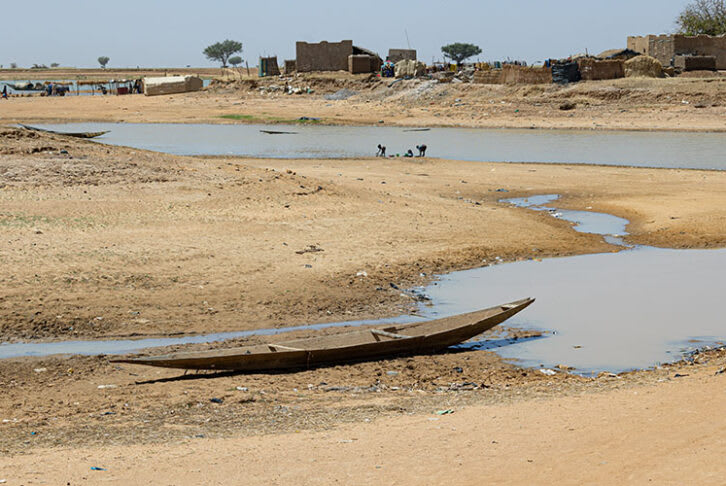Mali
In Mali, we work on strengthening security governance, improving trust and collaboration between the state and citizens, and managing natural resource and water-related conflicts.
Through dialogue, capacity building and advocacy we help improve the understanding of the dynamics of peace, conflict and violent extremism to enable the government and civil society to better deploy efforts for positive change and peacebuilding. Our gender and conflict-sensitive methodologies encourages collaboration between citizens and security forces, and active participation of communities in identifying the root cause of the conflict, and developing grassroot solutions and appropriate responses to address their concerns.
Looking forward we will continue to engage directly with stakeholders on the ground while ensuring synergy of action with actors working on the same thematic areas such as natural resource management and climate change, gender dynamics driving conflict or peace and violent extremism dynamics.
We will strengthen partnerships so that we can influence national policies and actors dealing with the root causes of the conflicts, and empower citizens and build on operational structures that can support our peacebuilding efforts and aspirations.
Conflict context
Due to armed conflicts, communal clashes between various groups and the increase of radicalisation and violent extremism at local level, Mali’s security context continues to worsen and impact social cohesion. Since 2015, violence has spread to the central regions – fueled by and exacerbating inter-community conflicts around natural resources and transboundary watersheds. Brutal military responses and a perceived prejudice against the Fulani and other minorities created mistrust and hampered effective engagement between communities and the security forces.
New and old grievances from communities have exacerbated ethnic, social, and political divisions, eroding interethnic and intergenerational cohesion, and leaving large numbers of marginalised communities vulnerable to exploitation from extremist groups.
As grievances and frustrations are created by non-state armed groups, widespread violence has escalated. The number of attacks against civilians and the security forces in the regions of Timbuktu, Ségou and Mopti has increasingly pushed communities to seek protection from alternative security providers considered to be more effective and legitimate than state forces. A military coup d’état took place in August 2020, adding to this already unstable context.

Sustained investment in the Sahel region: A humanitarian, peacebuilding and strategic imperative
The Sahel, a region of immense strategic importance in the global fight against extremism, terrorism and the spread of instability, is facing one of the fastest-growing humanitarian and security crises. This brief outlines the critical nature of continued investment in the region and explores six tangible actions towards building sustainable peace.







